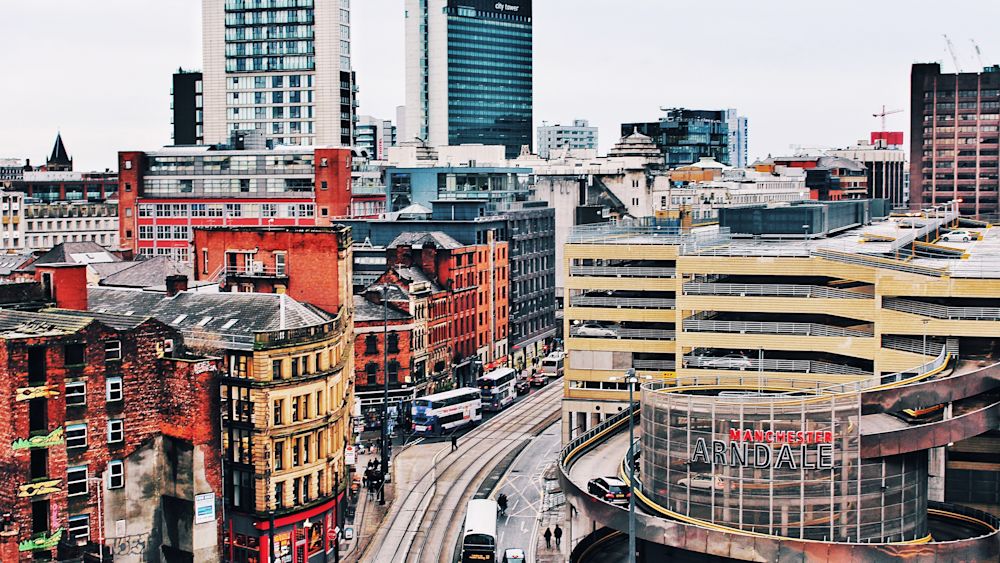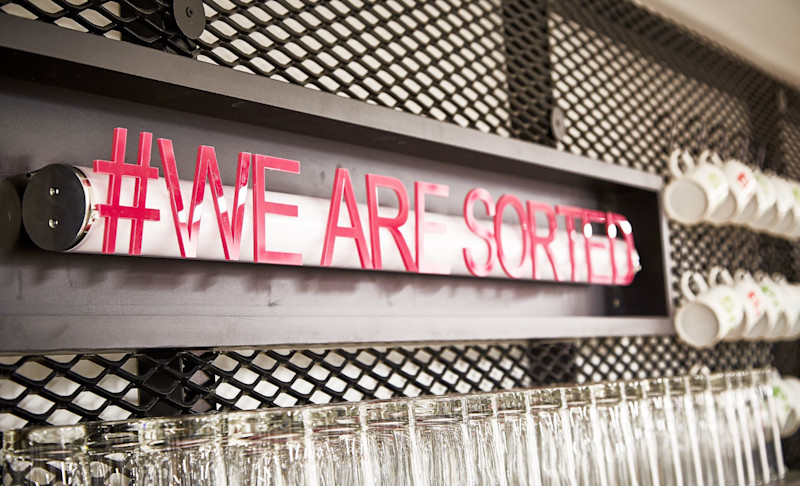How Manchester Became a Springboard for British Tech Startups
Manchester has made its mark as a cultural hub in the UK but more recently, the 2.7m-person city has been at the forefront of tech innovation.

While no English cities have managed to accrue a global standing as infamous as London’s, Manchester is nationally revered for its rich sports scene, being the birthplace of Oasis, and its title as the world’s first industrialised city.
Though Manchester has made its mark as a cultural hub in the UK, more recently, the 2.7m-person city has been at the forefront of tech innovation.
Manchester is home to over 10,000 digital and tech businesses, and its £5bn-strong digital ecosystem continues to attract tech investment and talent. In early March, £1m was invested in the city’s gaming and tech publishing industry, and national regulator Ofcom recently announced plans to build a new “tech hub” in the city, set to create 150 jobs by 2025.
A number of start-ups founded in Manchester have also served as living proof of the city’s benefits.
Founded in 2010, Manchester-based delivery software business Sorted has been able to grow across 17 countries by working for brands like ASOS, Farfetch and Lush. Last month, it announced £11m in funding.
CEO and Founder David Grimes told The Org that Sorted saw a “243% growth” from Jan. 2020 to Jan. 2021. A large part of that has been the move - during the pandemic, the sprint - towards e-commerce, which means that for most tech-focused businesses, Manchester provides the perfect harmony of being a connected and prized tech hub without the often-exorbitant costs attached to living and working in London. Businesses like Sorted now have an easier time scaling internationally and impactfully without needing to move its HQ South.

John Peden, a freelance developer based in Manchester, as well as host of the tech-centred “Tweak Digital Podcast,” says that the city’s “vibrant transformation” has been imminent since 2011, when the country’s national broadcaster moved its headquarters, and thousands of jobs, to Salford - a city and borough in the Greater Manchester area.
“The writing has been on the wall ever since the BBC moved here and moved all this talent to Manchester,” Peden said. “From that, we were able to attract talent all across the north.”
Multiple national media outlets, like ITV and Channel 4, followed the BBC’s lead, a growth that created the bustling MediaCityUK - a media hub - in Salford. Just last month, the BBC announced it would move even more talent up North.
The term Northshoring refers to the trend in which entrepreneurs move their businesses out of London to farther up north, taking advantage of lower costs and regeneration initiatives. While Manchester has been a popular Northshoring destination for a few years now, the popularisation of working from home has certainly helped cement its growth - the city saw the highest volume of office investment in the UK outside of London last year. Plus, a Financial Times report named it the ‘best city for business’ in Europe for 2020/2021. It was praised for its connectivity to the continent, thriving property market, diverse talent pool due to the number of university students it houses, and high quality of life.
In that sense, it provides start-ups with a great first step on the growth ladder, should they eventually choose to branch out nationally.
GoodBox, a “tech-for-good” company which helps charities accept donations in an increasingly cashless society, was founded in Manchester in 2016. Earlier this year, it announced a £9m Series A extension round from existing investors, including the likes of tennis legend Andy Murray.
Recently, GoodBox was able to move its HQ into Harlow, Essex, but Marketing Manager Joe Geary explains that Manchester was the perfect place for them to start and grow. The company now builds a suite of digital fundraising solutions that have donations by up to 85%.
“With a vibrant technology start-up scene and a fantastic talent pool to hire from, Manchester was the perfect choice for our HQ in 2016,” Geary says. “Since then, we have grown to a team of over 20, a client base of over 1,500 and we’ve processed millions in donations for good causes across the UK.”

Despite Manchester's success, however, it’s also clear that the capital still takes centre stage when it comes to Britain’s funding. As business journalist Trevor Clawson wrote in Forbes last month: “Tech clusters have emerged across the U.K. and some have produced unicorns. Nevertheless, the funding flows to London.”
Even with an increasingly bright spotlight pinned on Manchester as a tech capital, Peden believes even more can be done - especially with the recent political background of Brexit.
“I’m not convinced the government is making the most of Manchester,” he explains. “I was speaking to a guest on the podcast who was telling me that even though Brexit has been a car crash, what we now have is the opportunity to transform the UK into a leader in digital skills.”
--
The Org is a professional community where transparent companies can show off their team to the world. Join your company here to add yourself to the org chart!

